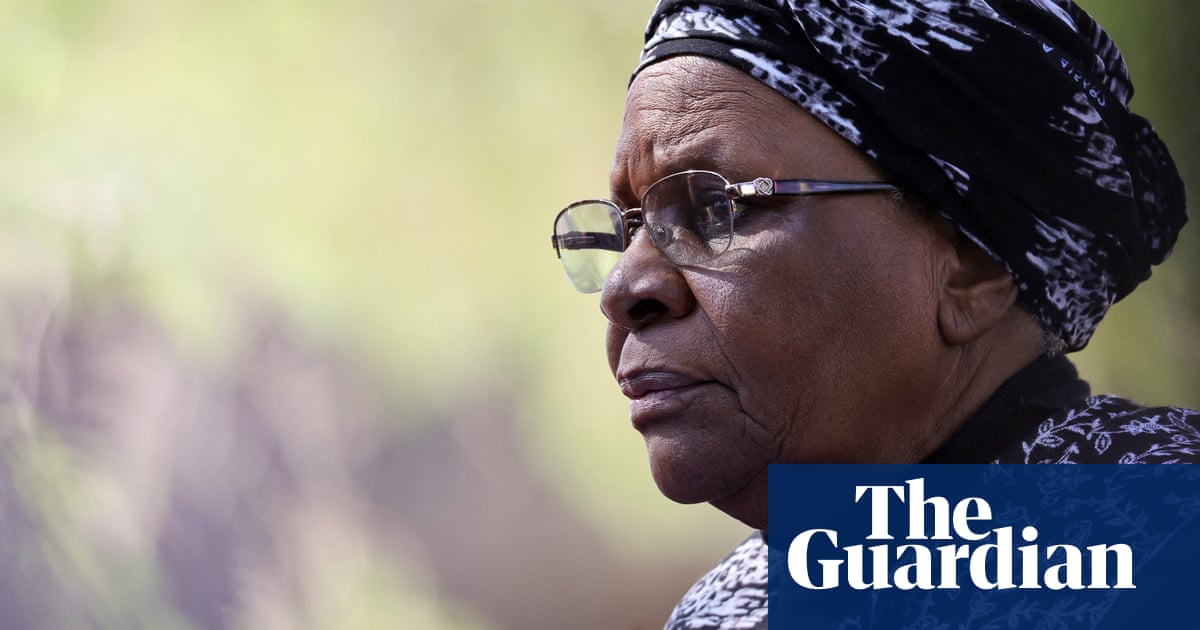Namibia has observed its first genocide remembrance day, honouring the estimated 75,000 victims who were massacred by soldiers or forced into concentration camps during German colonial rule.
Between 1904 and 1908, an estimated65,000 Herero people and 10,000 Nama people were killedwhen the groups rejected colonial rule. It amounted to 80% and 50% of their respective populations at the time.
Some of their skulls were taken toGermanyfor racist experiments and were stored in German hospitals, museums and universities for decades.
Namibia’s president, Netumbo Nandi-Ndaitwah, told a memorial event in the parliament’s gardens on Wednesday that the government would continue to push for reparations from Germany.
She said: “We should find a degree of comfort in the fact that the German government has agreed that German troops committed a genocide against the … people of our land.
“We may not agree on the final quantum, but that is part of the complex negotiations we have been engaged in with the German government since 2013 … We must remain committed that as a nation, we shall soldier on until the ultimate conclusion is reached.”
In 2021, Germany officiallyrecognised the atrocities as a genocideand agreed to pay Namibia €1.1bn (then £940m) to fund development for the Herero and Nama. It said this was a gesture of “reconciliation”, but not compensation or reparations. Germany returned the skulls and other human remains to Namibia in 2011 and 2018.
Descendants of genocide victims said this was not enough and called on the German governmentto negotiate with them directly.
Germany ruled Namibia, then known as South WestAfrica, from 1884 to 1915, when it was taken over by South Africa during the first world war. It became independent in 1990.
Between 1904 and 1908, German troops shot, tortured or drove tens of thousands of Herero and Nama people into the Kalahari desert to starve, after they rebelled against colonial rule. Their descendants are now politically marginalised.
Germany’s ambassador to Namibia, Thorsten Hutter, said in a speech at the memorial: “It is a stark reminder of the pain and suffering that was inflicted by German imperial troops during the colonial era … We cannot change the past, but as the people who are living today, it is our responsibility to remember those atrocities that were committed.”
He told the local newspaperthe Namibian: “I believe we are on a very good path to forge forward, which includes the issues of reconciliation.”
Herero and Nama representatives said more people in Namibia and worldwide should learn about the genocide. Hoze Riruako, a Herero chief, said it was a precursor to the Holocaust, but “people are not aware of what has happened here to the same level”.
Last year, Namibia declared 28 May would be a genocide remembrance day and a public holiday. It was chosen as it was the day in 1907 when Germany decided to close its concentration camps after an international outcry.
Agence France-Presse and Reuters contributed to this story
